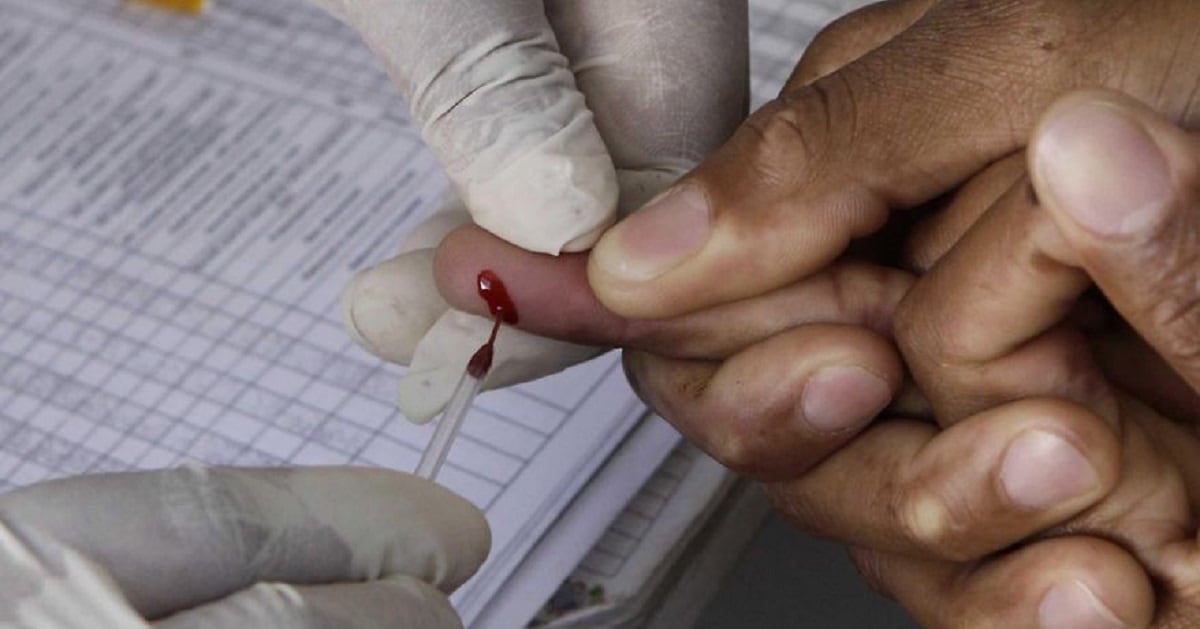The Defense Department may not prohibit people who are asymptomatic HIV-positive from joining the military, a judge in Virginia ruled this week.
U.S. District Court Judge Leonie Brinkema wrote in a decision filed Tuesday that barring those with undetectable viral loads from serving is “irrational, arbitrary, and capricious” as it contributes to a stigma about people who are HIV-positive while also actively hampering the military’s own recruitment goals.
Previously, the court ruled that asymptomatic HIV-positive troops with undetectable viral loads who maintained treatment remained capable of doing their military jobs, including deployments, Brinkema noted.
Today, HIV treatment medications often involve little more than taking a daily pill, and that lower viral load from meds also prevents transmission to others.
“Modern science has transformed the treatment of HIV,” Brinkema wrote.
The move marks what advocates called the end of the last categorical disqualification preventing people living with HIV from joining the U.S. armed forces.
“Americans living with HIV no longer face categorical barriers to service careers – discharge, bans on commissioning, bans on deployment and finally bans on enlisting,” Gregory Nevins, an attorney for the organization Lambda Legal that helped file the case against the DOD, said in a release.
RELATED

One of the plaintiffs in the case, Isaiah Wilkins, 24, described the decision as a victory not only for himself, but also for other people living with HIV who want to serve.
“As I’ve said before, giving up on my dream to serve my country was never an option,” he said in a statement. “I am eager to apply to enlist in the Army without the threat of a crippling discriminatory policy.”
Wilkins joined the Georgia National Guard as a teen before later voluntarily separating to join the U.S. Military Academy Preparatory School, a step toward enrolling at the U.S. Military Academy at West Point, the court ruling states.
He signed an Army Reserve contract and mobilized into active duty when he learned he was HIV-positive during entry processing, a status which ultimately led to his separation.
Today, Wilkins is on a daily single-tablet regimen, which has suppressed his viral load to an undetectable level, the ruling states.
The decision this week in the case Wilkins v. Austin, which was filed on behalf of Wilkins and two other individuals who could not enlist or reenlist based on their HIV status, follows a series of rulings in other cases for people living with HIV.
RELATED

Defense Secretary Lloyd Austin issued a memorandum in June 2022 outlining changes that allowed individuals identified as HIV-positive, asymptomatic and with a clinically confirmed undetectable viral load to stay in uniform and remain deployable.
A 2023 report by the Congressional Research Service found that between January 2017 and June 2022, DOD’s Armed Forces Health Surveillance Division estimated that 1,581 service members were newly diagnosed with HIV.
Human immunodeficiency virus, commonly known by the acronym HIV, is a virus that attacks the body’s immune system, according to The Centers for Disease Control and Prevention, which lists details on symptoms, prevention, testing and treatment. There is currently no effective cure, but proper medical care can control it.
The Pentagon declined comment on this week’s ruling.
Jonathan is a staff writer and editor of the Early Bird Brief newsletter for Military Times. Follow him on Twitter @lehrfeld_media




